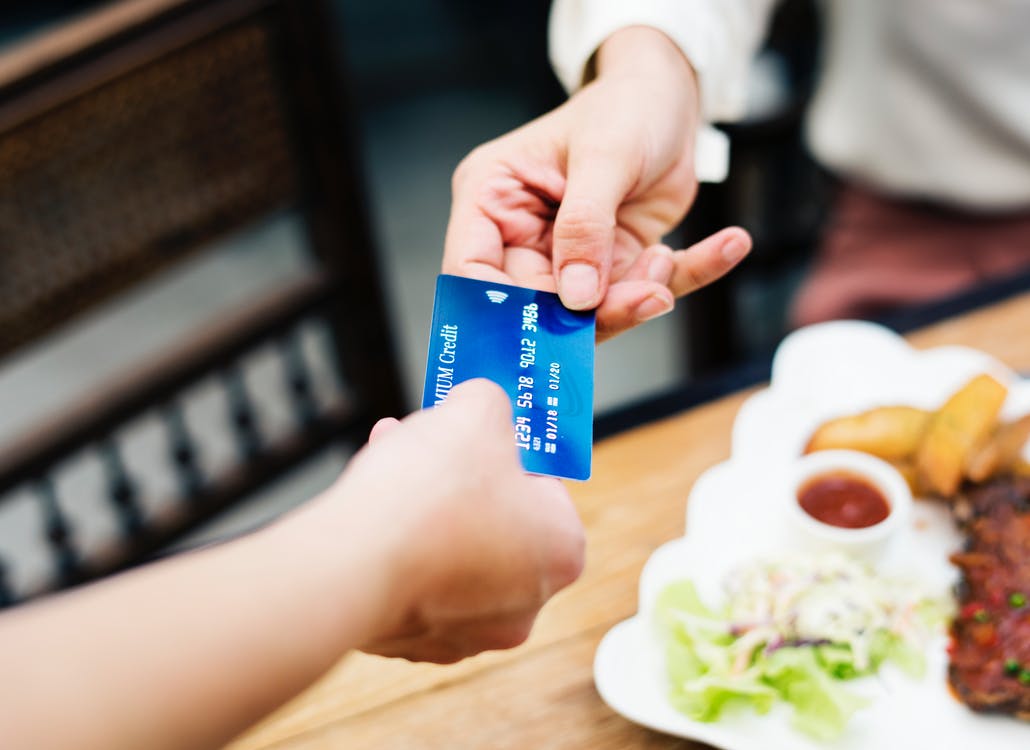In our fast-paced on-demand world, it’s necessary to have multiple payment options at our disposal. Per creditcards.com, there were 364 million credit card accounts in the U.S. at the end of 2017. Last available debit card data from Statista shows a 2016 debit card forecast of 5.45 billion.
Why the disparity? Let’s take a look at the pros and cons of debit cards below.
Debit Card Upsides
You can’t get into debt
The single best thing about debit cards is that they’re responsible. No matter how careless one is with their spending, debit cards can’t create debt (as long as you have overdraft protection on your account). When you make a spending mistake with a debit card, you might have to eat ramen for a while. When you do so with a credit card, you cost yourself more money in interest, credit score damage, and potentially a lot of time scrolling through Freedom Debt Relief reviews.
You can use ATMs
Even if cash is becoming less and less important in our society, cash-only businesses still exist and so does the convenience of a no-hassle purchase. Credit cards, for all their spending power, can yield cold hard cash, at least not instantly, and not for free. Debit cards, assuming you’re taking money out of your bank’s ATM, can. Make sure to get a debit card from a bank with convenient ATM locations. If you’re considering a credit union with limited locations, ask them to waive fees at third-party ATMs. Otherwise, the convenience could quickly turn into a money sink.
They’re Easy to Get
Credit cards certainly aren’t the hardest thing to get in the world (especially if you haven’t had one before), good credit cards are only available to those with solid credit reports. Debit cards, on the other hand, only require a checking account. And checking accounts usually only require a few hundred dollars to open. If you don’t have a checking account, there are plenty of prepaid debit cards to explore as well.
Debit Card Downsides
You Earn Nothing Off Your Purchases
Plenty of financial experts view credit as the devil, instructing consumers to only spend with cash. This practice will surely help people avoid debt, but it also yields no additional benefit from our purchases. In a competitive financial marketplace, large banks offer pretty decent cash-back or points reward models, allowing consumers to stretch routine spending on gas, restaurants, groceries and travel for perks of the same.
You Don’t Build Credit
You can live a good financial life without building credit, but you’d need to save diligently be liquid rich. For the rest of us, establishing credit gives us leverage to purchase assets we don’t have enough money to buy outright, like a mortgage, so we gain equity long-term. When we spend with debit cards, we don’t build any credit, making it harder for us to secure a loan, buy a house, rent an apartment, lease or buy a car, and a bunch of other things.
It’s Harder to Dispute Charges
Fraud happens. Errors occur. When we use debit cards, we don’t enjoy the same level of consumer protection as we do with credit. The main difference is that with credit, the money hasn’t left your account yet — so you can refuse to pay it if you think the charge isn’t legitimate. Money spent with a debit card leaves your account immediately. When you dispute a charge, the bank must decide to refund the money they already possess.
To increase your chances of successfully disputing a charge, contact your bank ASAP, ideally with any records that show you don’t have a transaction history at a merchant or that you made a purchase but not for the total you were charged. Keep in mind that if you’ve had your PIN stolen, the burden of proof is even more difficult, as PIN purchases are much harder to dispute than signed or online purchases.



















